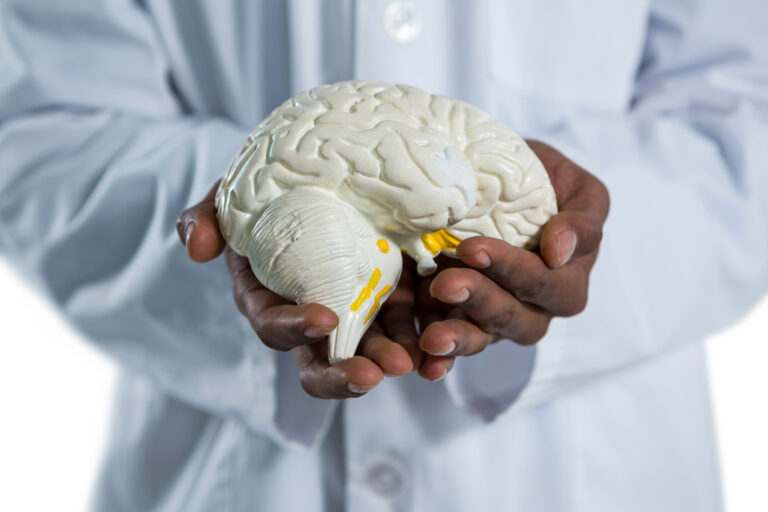National Aphasia Month
Aphasia is a communication disorder that affects a person’s ability to understand and produce language. It is typically caused by damage to the language areas of the brain, most commonly the left hemisphere, which is responsible for language processing in the majority of right-handed individuals and a significant portion of left-handed individuals.
People with aphasia may have difficulty speaking, understanding speech, reading, and writing. The severity and specific symptoms of aphasia can vary widely depending on the location and extent of the brain damage. Some individuals may have mild aphasia, where they may struggle to find the right words or have difficulty constructing sentences, while others may have severe aphasia and struggle to produce or understand any language.
There are different types of aphasia, including Broca’s aphasia, Wernicke’s aphasia, Global aphasia, and Anomic aphasia.
Aphasia can result from various conditions such as stroke, traumatic brain injury, brain tumors, or degenerative neurological disorders like Alzheimer’s disease. Treatment for aphasia typically involves speech and language therapy to improve communication skills and compensate for language difficulties. The prognosis and potential for recovery depend on several factors, including the underlying cause, the extent of brain damage, and the individual’s overall health.
It is possible for a person with aphasia to recover to some degree. The extent and speed of recovery can vary widely depending on factors such as the underlying cause of aphasia, the severity of the brain damage, and the individual’s overall health and motivation.
In some cases, particularly with mild forms of aphasia or when the brain damage is localized and specific, individuals may experience significant improvement in their language abilities with appropriate treatment and therapy. Speech and language therapy is the primary approach used to rehabilitate individuals with aphasia. Therapists work with patients to improve their language skills, focusing on areas such as speaking, comprehension, reading, and writing. Therapy techniques may include word retrieval exercises, practicing conversation skills, and using alternative communication methods if necessary.
It’s important to note that recovery from aphasia is often a gradual and ongoing process. Improvement may continue over several months or even years after the initial onset of aphasia. However, not all individuals with aphasia fully regain their pre-aphasia language abilities. Some people may have residual language difficulties or rely on compensatory strategies to communicate effectively.
Support from family, friends, and a supportive environment can also play a crucial role in the recovery process. Patience, understanding, and providing opportunities for communication can help individuals with aphasia regain confidence and improve their communication skills.
Early intervention and consistent therapy are key factors in maximizing the potential for recovery. It is recommended that individuals with aphasia seek professional assessment and therapy as soon as possible after the onset of symptoms to improve their chances of significant improvement. Here at Home Health Professionals, we work with Speech Language Pathologists and your medical team to ensure that you are getting the best possible treatment. Beginning therapy as early as possible in the disease process provides the best chance for recovery. Give us a call for more information at (713) 942-0100.
MORE BLOG POSTS

HHPROS provides essential heat awareness tips to help you stay safe during extreme temperatures. Learn how to prevent heat-related illnesses and protect your loved ones in Dallas and Houston.

HHPROS values your freedom of choice in home health care. We empower families in Dallas and Houston to select the right caregiver and create personalized care plans that fit their unique needs.

HHPROS is dedicated to promoting senior independence through personalized in-home care services. We help seniors in Dallas and Houston maintain their freedom and quality of life.

National Aphasia Month is an opportunity to raise awareness and provide support for those living with aphasia. HHPROS offers personalized in-home care and therapy services to help patients in Dallas and Houston improve communication and enhance quality of life.
